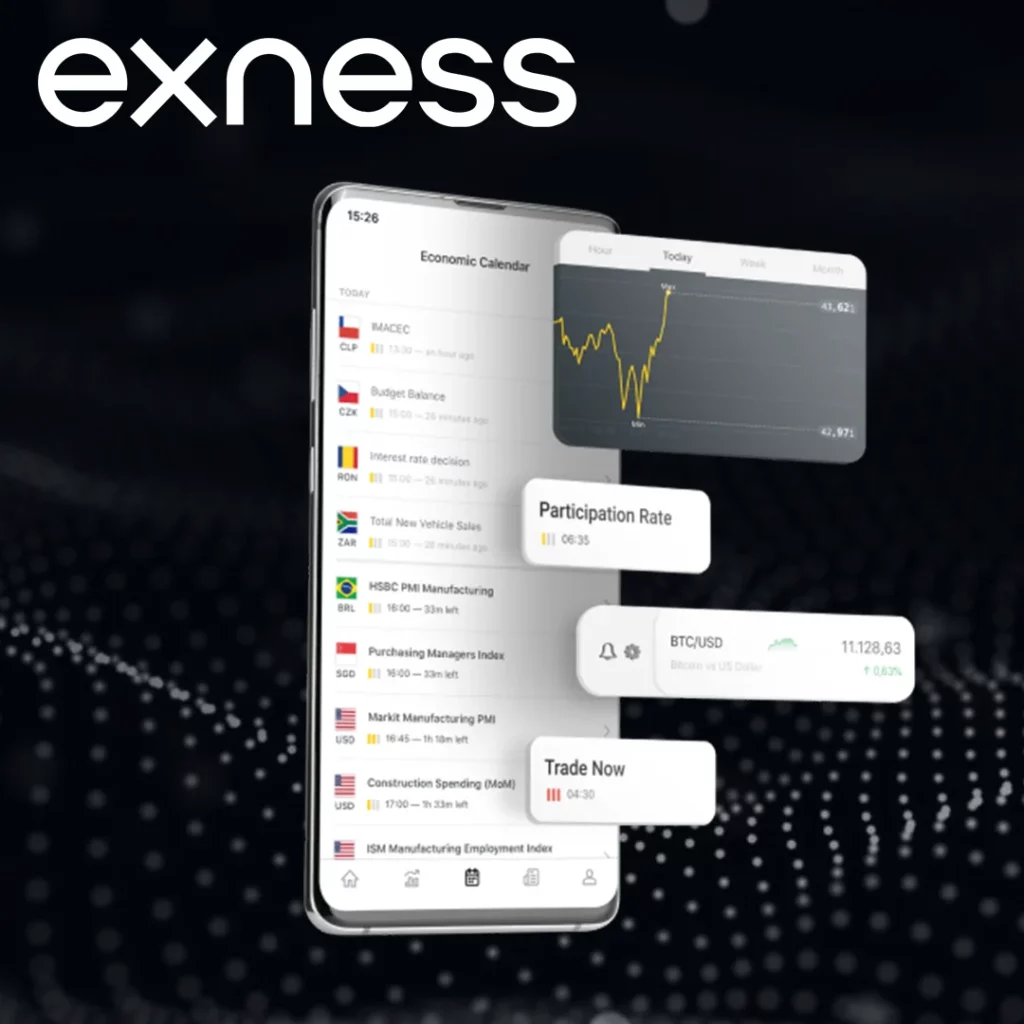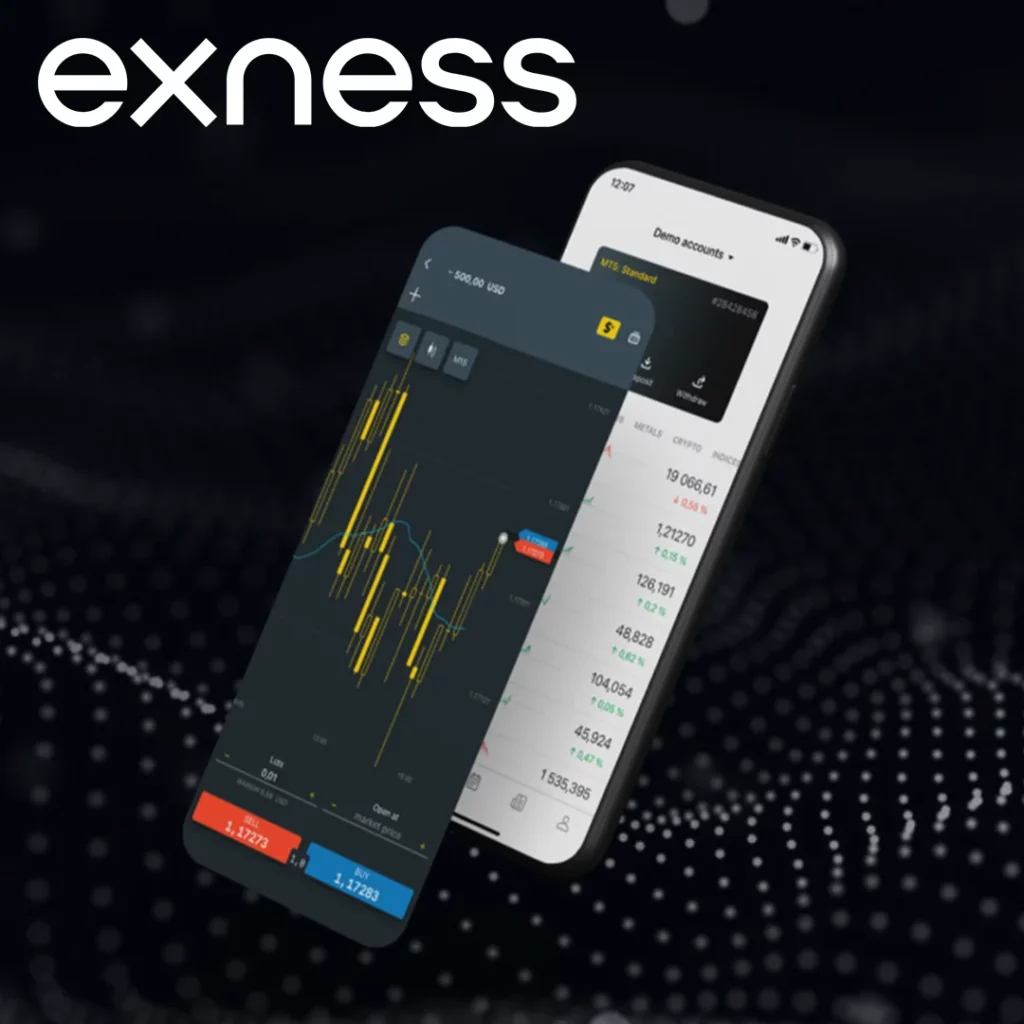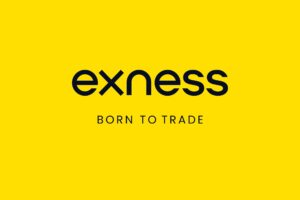Exness is a well-established forex broker offering various account types, trading instruments, and conditions. One of the crucial factors in choosing a broker is understanding the fee structure, as this directly impacts the overall cost of trading. Exness fees are relatively transparent, but they can still be a bit overwhelming without a clear breakdown. In this article, we’ll cover all essential details about Exness fees, focusing on spreads, commissions, withdrawal fees, and other important charges.
Exness Account Types and Their Fee Structures
Exness offers several types of accounts catering to different trading needs. The most popular types include:
- Standard Account: Aimed at beginners and casual traders.
- Raw Spread Account: Suitable for more experienced traders, offering tighter spreads.
- Zero Account: For professional traders who prefer zero spreads with commissions.
- Pro Account: Designed for institutional traders, providing premium conditions.
| Account Type | Spread | Commission | Minimum Deposit | Other Fees |
| Standard Account | From 0.3 pips | None | $1 | No inactivity fees |
| Raw Spread Account | From 0.0 pips | From $3 per side | $200 | No inactivity fees |
| Zero Account | From 0.0 pips | $3 per side | $200 | No inactivity fees |
| Pro Account | From 0.0 pips | $3 per side | $25,000 | No inactivity fees |
Each account type has its own fee structure depending on the account’s target user base. For instance, Raw Spread and Zero accounts come with lower spreads but charge commissions per lot traded, while the Standard account offers wider spreads with no commissions.
What Are Spreads and Commissions
A spread is the difference between the bid (buy) and ask (sell) price of a trading instrument. Exness provides a variety of spreads depending on the account type and market conditions. Typically, the tighter the spread, the more cost-effective it is for active traders.
- Tighter spreads: Found in the Raw Spread and Zero Accounts, where you pay lower spreads but a commission on every trade.
- Wider spreads: Typically seen in Standard Accounts with no commission, offering simplicity for casual traders.
Commissions are charged per trade, and these fees are often calculated on a per-lot basis. For example, the Raw Spread and Zero accounts charge around $3 per side per lot. This means you pay a total of $6 for a round-turn trade (buy and sell). The Standard Account, however, does not charge commissions but instead offers wider spreads, meaning you pay higher implicit costs on each trade.

Exness Withdrawal and Deposit Fees
One of the attractive features of Exness is the wide range of deposit and withdrawal methods, many of which are free of charge. However, some methods may incur certain fees, depending on the amount or withdrawal method.
Deposit Methods and Fees
Exness supports multiple deposit methods, including bank transfers, credit/debit cards, and electronic wallets like Skrill, Neteller, and others. Generally, deposits are free, though third-party payment providers may charge fees.
| Deposit Method | Fee | Processing Time |
| Credit/Debit Cards | Free (Card issuer fees may apply) | Instant |
| Bank Transfers | Free (Bank charges may apply) | 1-5 business days |
| Skrill/Neteller | Free | Instant |
| WebMoney | Free | Instant |
Withdrawal Methods and Fees
Exness also provides various withdrawal methods. While some are free, others may incur charges, particularly when using third-party services.
| Withdrawal Method | Fee | Processing Time |
| Credit/Debit Cards | Free (Card issuer fees may apply) | 1-5 business days |
| Bank Transfers | Free (Bank charges may apply) | 1-5 business days |
| Skrill/Neteller | Free | Instant |
| WebMoney | Free | Instant |
| Bitcoin/Other Cryptos | Free (Blockchain fees may apply) | 1-2 hours |
In many cases, Skrill and Neteller withdrawals are processed instantly and free of charge, while bank transfers may take up to five business days to complete, with possible intermediary bank fees.
Exness Inactivity Fees
Exness does not charge inactivity fees for accounts that remain dormant. However, this can change if the inactivity period extends for more than 12 months, and the account will be marked as dormant. It is important to ensure that your account is active to avoid being classified as dormant, which can lead to other consequences such as restricted access to the account or penalties.
Exness Fees on CFDs, Stocks, and Other Instruments
Exness provides access to multiple financial instruments, including forex, CFDs, stocks, commodities, and cryptocurrencies. Each instrument may have its own specific trading costs, such as spreads, swaps, or commissions.
| Instrument | Spread | Commission | Other Fees |
| Forex | From 0.0 pips | From $3 per lot | Swap/Overnight fees |
| Stocks | Varies by stock | Commission per lot | Swap/Overnight fees |
| Cryptocurrencies | Varies by pair | Varies by instrument | Swap/Overnight fees |
| Commodities | From 0.2 pips | $3 per lot | Swap/Overnight fees |
- Forex Trading Fees: For forex trading, Exness offers competitive spreads starting from 0.0 pips, but the commissions can vary depending on the account type.
- CFD and Stock Trading Fees: Exness applies commissions for trading CFDs and stocks. The fees depend on the specific stock or CFD instrument being traded.

What Are Swap/Overnight Fees
When you hold a position overnight, Exness charges swap fees (or rollover fees), which are the costs of maintaining a position for an extended period. These fees are calculated based on the interest rate differentials between the currencies in the pair you are trading and are applied to positions held overnight.
How swap fees are calculated:
- Currency Pairs: The swap is typically calculated based on the interest rate differentials between the two currencies in the pair.
- Commodities: For commodity positions, swap rates may vary depending on the market conditions and the broker’s policies.
- Stocks: Swap fees for stocks are typically lower and are applied based on the holding period and stock volatility.
Exness Fee Comparison with Other Brokers
To help you make a more informed decision, here’s how Exness fees compare to other major brokers in the market.
| Broker | Minimum Deposit | Spreads | Commissions | Withdrawal Fees |
| Exness | $1 | From 0.0 pips | From $3 per side | Free (Except for some methods) |
| IC Markets | $200 | From 0.0 pips | From $3 per side | Free (Except for some methods) |
| OANDA | $0 | From 1.0 pips | No commission | Free (Except for some methods) |
| FP Markets | $100 | From 0.0 pips | From $2 per side | Free (Except for some methods) |
While Exness offers lower minimum deposit requirements and free withdrawals in many cases, its competitors like IC Markets and FP Markets may charge slightly higher commissions on certain accounts. The key difference lies in the spreads and commission structures, so selecting the right broker will depend on your trading style and needs.
Managing Your Exness Fees
Understanding Exness fees is crucial for anyone considering trading with the platform. While Exness offers competitive pricing with low spreads and commission structures, the cost of trading can still vary based on your chosen account type, trading instruments, and withdrawal methods. It’s always advisable to consider the different fee structures, account types, and trading conditions before getting started.
In conclusion, Exness provides a flexible, cost-effective environment for traders, with a range of accounts, low deposit requirements, and numerous payment methods. By carefully considering the fee structures and tailoring your approach to the account that best suits your needs, you can ensure that trading with Exness remains a profitable endeavor.

Trade with a trusted broker Exness today
See for yourself why Exness is the broker of choice for over 800,000 traders and 64,000 partners.
FAQ
What are the spreads on Exness accounts?
Exness offers varying spreads depending on the account type. For the Standard account, spreads start from 0.3 pips, while Raw Spread and Zero accounts offer spreads starting from 0.0 pips, but charge commissions.



